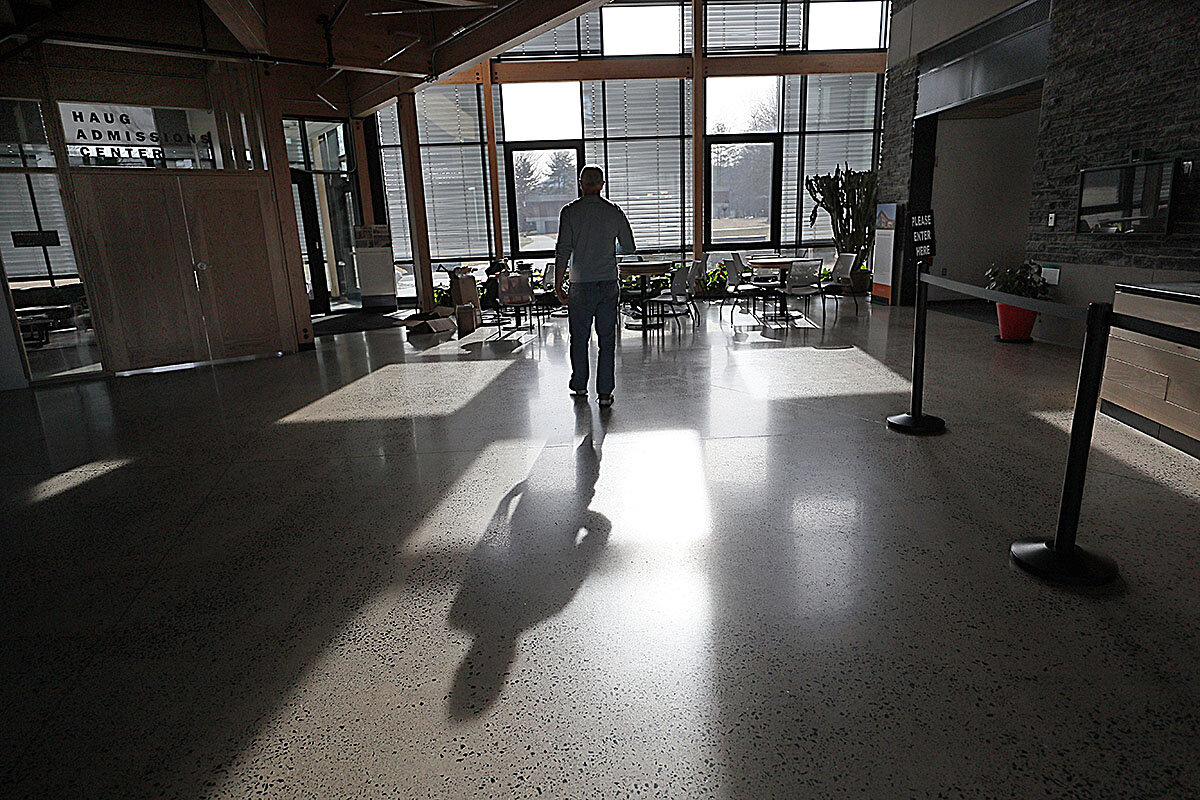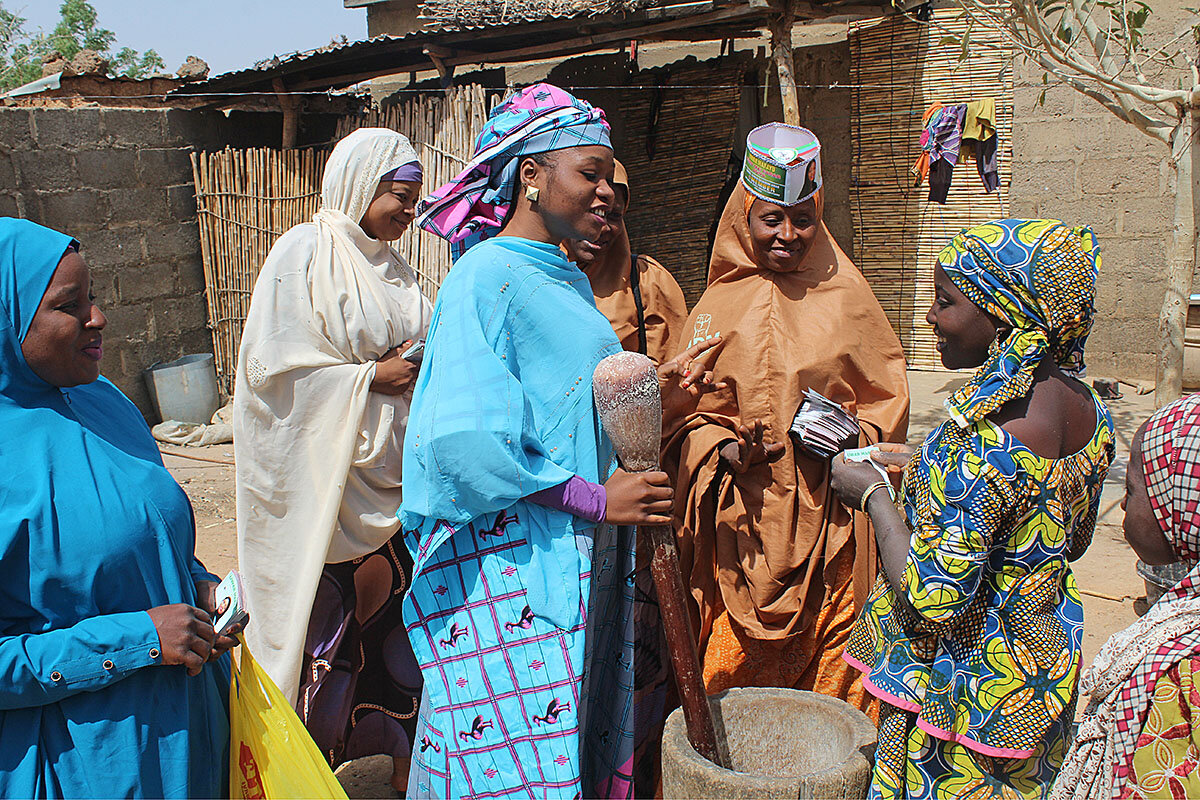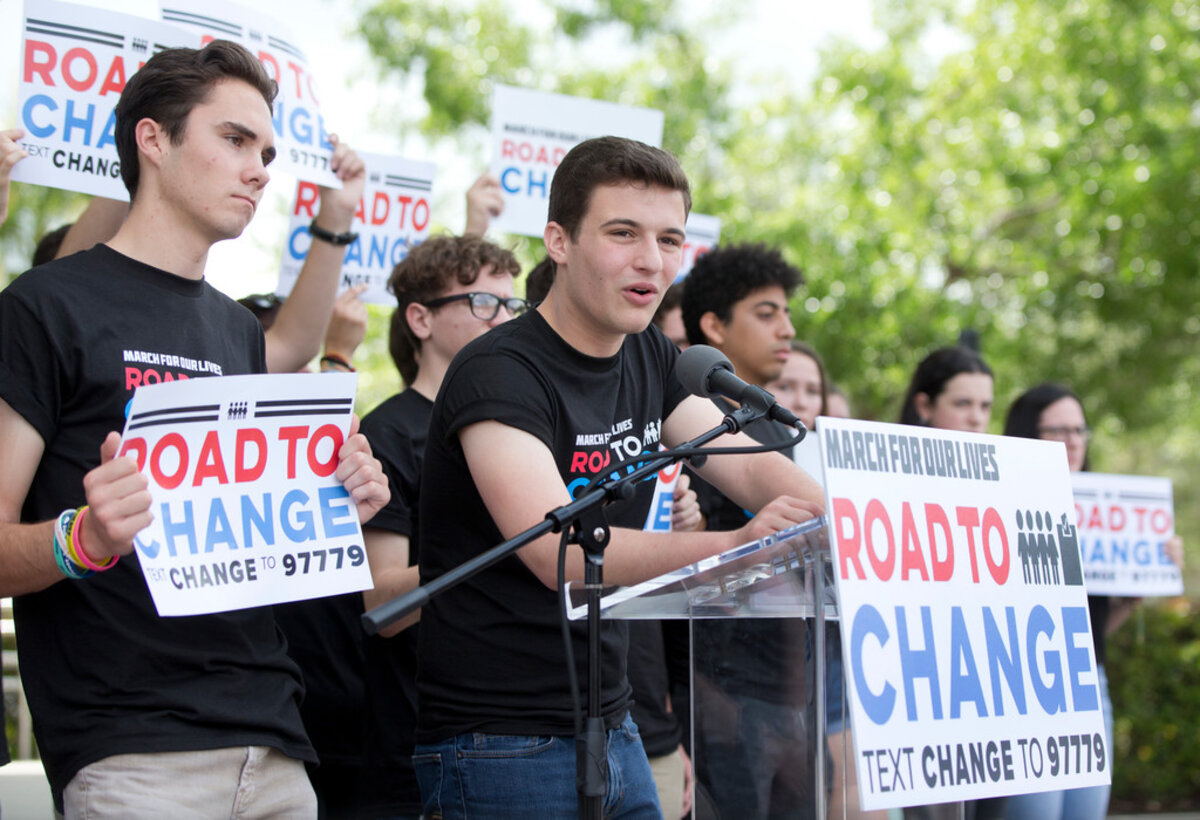Small colleges symbolize the educational richness available in the United States. But they’re declining, and that speaks to how the country – particularly the Northeast and Midwest – is changing.
Monitor Daily Podcast
- Follow us:
- Apple Podcasts
- Spotify
- RSS Feed
- Download
 Mark Sappenfield
Mark Sappenfield
Andreas Guske knows his solution is imperfect. The German police officer can’t solve the misuse of Facebook to spread disinformation and prejudice.
But when Facebook users in his Bavarian town of Traunstein spread a rumor that Muslim refugees had raped an 11-year-old girl in a pedestrian underpass, he and some of his colleagues had a novel response: They traced how the rumor started and then visited everyone who had reposted it.
All but one removed or corrected their posts, according to a New York Times report. “Police departments should do this more,” said an expert. “It’s kind of great.”
Farther north, the economic plan that helped saved the town of Vechta is not a silver bullet, either. Throughout the West, including some parts of Germany, small towns are fading as blue-collar jobs go offshore and white-collar jobs migrate to big cities. But two decades ago, when Germany saw the changing tides of manufacturing, the nation created “hidden champions” – industrial hubs to keep small-town Germany vital and thriving. Today, Vechta’s mayor tells The Economist, “Our problem is that we have no problems.”
No policy solution is ever perfect, and problems are easy to find all around us. But the honest impulses to be fair or thoughtful also have an effect, and when we consent to look, those can be easy to find all around us, too.
Now on to our five stories. We explore an attempt to find a universal chord in US political advocacy, six Arab nations testing a new sense of unity and action, and our always popular monthly book picks.










